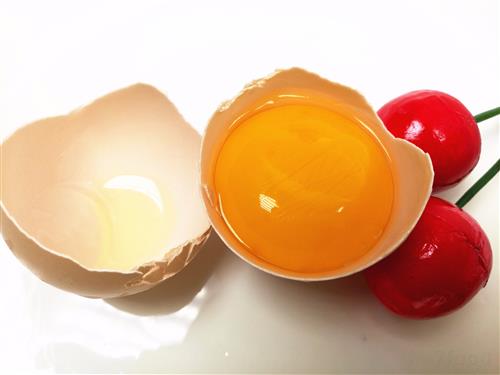Summer is the season when children are most likely to suffer from zinc deficiency. This is because summer children sweat more and poor appetite affects zinc intake. Therefore, summer parents should give their children more zinc-rich foods.
Why are children prone to zinc deficiency in summer?

According to statistics, the incidence of low zinc levels in small patients who visit the clinic in summer is as high as 60%. Why are children more likely to lack zinc in summer? There are three reasons why children have zinc deficiency in summer:
First, summer temperatures are high, children sweat more, and body zinc can be excreted with sweat and continuously lost;
The second is the hot summer weather, poor appetite for children, resulting in reduced zinc intake;
Third, summer children are prone to digestive diseases. The most common is diarrhea, which can also cause loss of zinc in the body.
What symptoms indicate that the child may be deficient in zinc?
Once zinc is deprived, the baby will experience a loss of taste, loss of appetite, etc., which will lead to a decrease in eating and further aggravation of zinc deficiency, creating a vicious cycle. When parents discover that the child has these symptoms, they should promptly bring the child to the hospital for examination. It is easy for doctors to make comprehensive judgments in conjunction with the examination results (Note: Normal serum zinc (Zn): 7.65-22.95 micromol/L (50-150 micrograms) / D). If zinc levels are below the normal lower limit, a diagnosis of zinc deficiency can be made.).
How to add zinc to children in summer
The zinc needed by the human body is mainly taken from food. The zinc content of seafood is relatively high, among which oysters contain the most abundant zinc.
The zinc content of animal foods is higher than that of plant foods, and the amino acids produced after the decomposition of animal proteins can promote the absorption of zinc, the absorption rate is generally about 50%; and the zinc contained in plant foods can be combined with cellulose. Water-insoluble compounds, which hinder the body's absorption, the absorption rate is only about 20%; including animal liver, lean meat, egg yolk are rich in zinc.
The highest amount of zinc was found in kelp and seaweed in plant foods. Parents should encourage their children to eat more of these foods and cultivate the children's eating habits that do not have a partial eclipse, picky eaters, and coarse grains.
Drug supplements should be given under the guidance of a doctor given zinc sulfate syrup or zinc gluconate and other preparations, the general medication for 2-4 months, the review should be promptly after the withdrawal. Need to be careful is that the effective dose of zinc and poisoning dose is very small, improper use can easily lead to excessive, thereby inducing zinc deficiency, copper deficiency, anemia and a series of diseases.
Food additives are compounds or natural substances added to food for the purpose of improving the color, aroma, and taste of food, as well as for the needs of anti-corrosion and processing technology. At present, there are 23 categories of food additives, with more than 2,000 varieties, including acidity regulators, anticaking agents, defoamers, antioxidants, bleaching agents, leavening agents, coloring agents, color retention agents, enzyme preparations, and flavor enhancers, nutritional fortifiers, preservatives, Sweeteners, thickeners, spices, etc.
Erythritol, Sweetener, Pigment, XOS , Carotene, fish oil
Xi'an Gawen Biotechnology Co., Ltd , https://www.ahualynbios.com